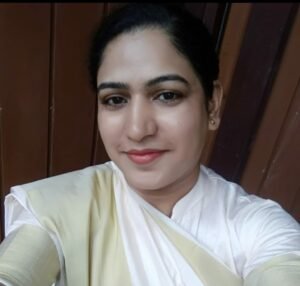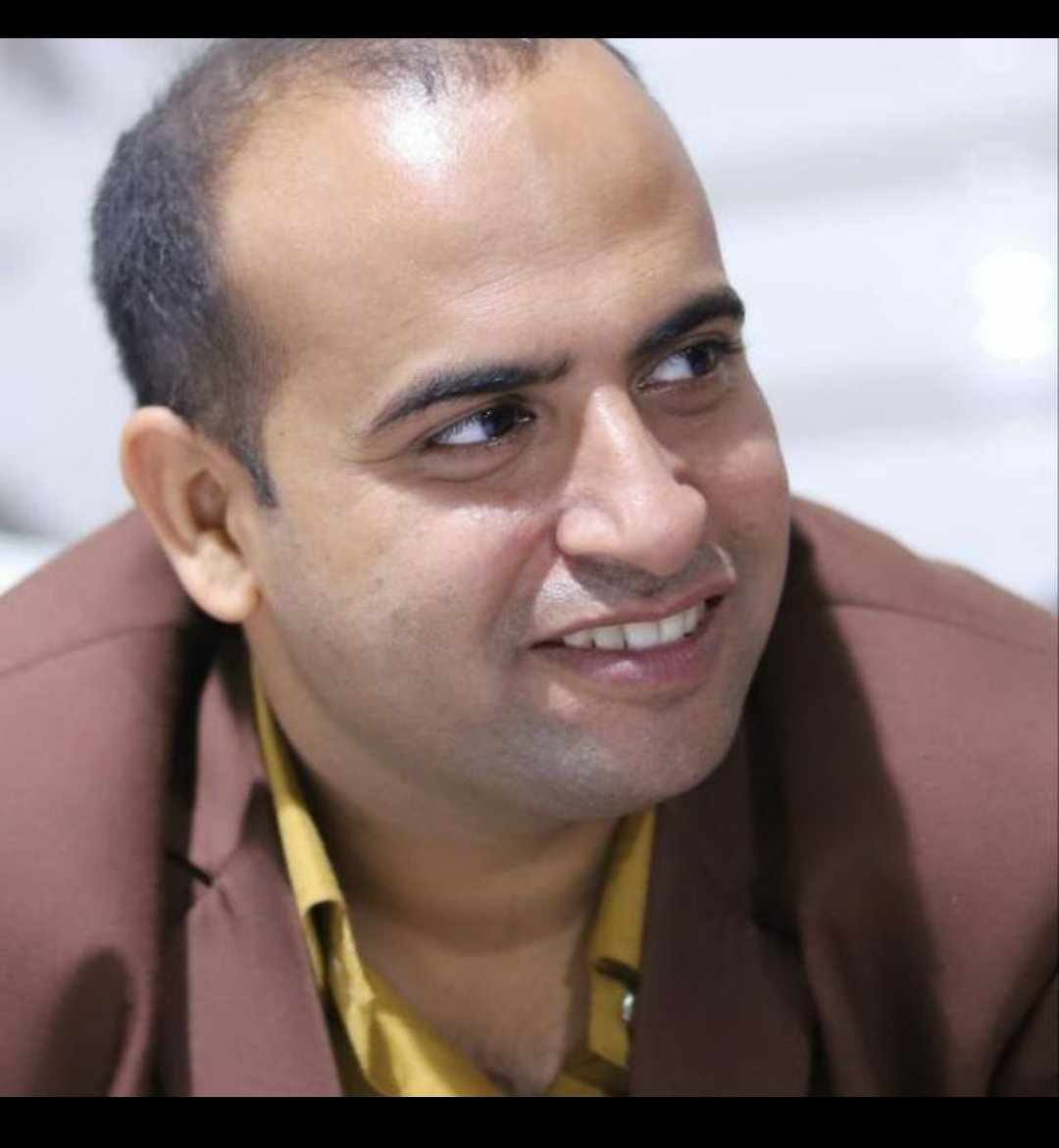
Casteism is Rooted Deep Among Muslims in India
India is a country of castes. The majority community i.e. Hindus are divided into hundreds of castes and subcastes. What is surprising is that many are not aware that, similarly Indian Muslims are also divided into different castes. Although Islam as a religion upholds equality and prohibits any form of hierarchy or discrimination, cultural imitation among other factors has resulted in caste-based hierarachy within Muslim communities. Theoretically, it could be different but the ground reality is that caste and untouchability exists within the Muslim community specially but not limited to, Northern India in the states of Uttar Pradesh and Bihar among others, caste-based discrimination is rampant. Social restrictions are strictly followed by the dominant castes among Muslims.
The upper caste Muslims here do not marry Pasmanda Muslims. Muslims here are divided into Ashraf and Ajlaf. Muslims also have 44 castes here. This article below seeks to bring you face-to-face with the reality and effects of casteism among Indian Muslims through sharing real- life experiences of the community through interactions with them.
A very shocking incident took place in a village called Damodarpur Tola of Muzaffarpur, Bihar in December 2018. The main road of a locality here was divided into two halves and a wall was raised in the center of the road. This was a partition following a petty conflict between two communities, and this act made it clear that both these communities had such hatred for each other that they did not even want to walk alongside each other.
Both the sides were Muslim, one was Ansari and the other side, Sheikh. Shamim Ansari says, it is a saving grace that there can not be a dividing wall in the mosque otherwise Sheikhs do not even want to offer prayers with them.
“We cannot stand shoulder to shoulder with hatred in our hearts. It was not a common conflict. Sheikhs called the whole of our community despicable or lowly and their behaviour towards us is terrible. We finally gathered the courage to retaliate against them. They have not considered us as equals and to what extent and until when could we also tolerate such contempt?” Shamim Ansari says.
According to Sagheer, of the Damodar area of Muzaffarpur, “ Julahas (Ansaris) were flying too high. They earned a little money and started thinking too big of themselves. They can not become equal to Sheikhs. We have shown them their real place.”
In UP’s Saharanpur, about a thousand kilometers away from Muzaffarpur Bihar, Firoz Aftab, who has been struggling towards attaining representation for Muslim backward classes in politics for the last 30 years, iterates that the political leadership of Saharanpur is being governed by the Qazi (upper caste) family for the last 50 years. Qazi’s are 2.5 thousand while the population of lower castes like Teli, Gaade and Julaha in Saharanpur is more than seven lakh.
“It is only now that our struggle gained some success and we could get our candidate from one of the backward castes to become a member of Parliament,” says Firoz. The Qazi family, which considers itself as Ashraf, has never let backward Muslims rise in politics and they have always wanted them to just remain a speck of dust, according to Firoz.
Aftab further says that the same things had happened in Muzaffarnagar as well where, former UP Home Minister Saiduzzaman and former Member of Parliament (MP) Ameer Alam were not in favour of backward Muslims to even contest in elections. “They collectively objected to political representation opportunities for Pasmanda Muslims despite being in different political parties.”
Anees Mansoori, who runs a community collective with the name of ‘Pasmanda Muslim Samaj’ in Uttar Pradesh says that Pasmanda is a word for backward in Persian and out of a total of 44 Muslim castes in India, 40 are Pasmanda. “There are two categories, one is Ashraf and the other one is Ajlaf. Ashrafs call themselves the upper caste Muslims”.
These are four communities Sheikh, Sayyad, Mughal and Pathan. Ashraf Muslims are empowered in terms of educational, financial, social and political aspects, while the other 40 communities are subjected to exclusion and marginalisation. Among Muslims, Pasmanda Muslims form 85 percent of the Muslim community, however a substantial percent of the resouces are held by the dominant Ashraf Muslims. One can call this as Brahmanism among Muslims.
Social interaction between Ashraf and Ajlaf Muslims is limited and inter-caste marriages between the two communities mostly do not take place. Ajlaf Muslims comprise 40 communities, these include Ansari, Mansuri, Teli, Gaade, Saifi, Quraishi, Rayini, Abbasi, Salmani, Idreesi, Halalkhor among others. Most of the Ajlaf castes are socially, educationally and economically most disempowered. It is Muslims from these communities, who are killed during riots. Many of those who lost their lives in the movement to repeal Citizenship Amendment Act, and the pogrom that followed, also belonged to these communities.
Muslims, who are often teased with terms like ‘Puncture Wala’ to degrade them, are also from these communities. These are hardworking Muslims who are majorly into manual work. It is a common misnomer among people, both within and outside the Muslim community that there is no casteism among Muslims. Yes, they stand with each other, shoulder to shoulder in mosques and offer prayers, may share their meals etc. but they do not develop family ties with each other. If there was no casteism among Muslims, then why is it that one hardly finds those belonging to the supposed upper caste are seen to marry in families, which they consider below their stature or caste?
There are several organisations of backward Muslim castes working in Uttar Pradesh and Bihar like the Momin Conference, All India Mansoori Samaaj, Jamiatul Quraish, Raayini Samaaj, Saifi Conference and Mewati Mahasabha. Parvez Mewati, the General Secretary of Mewati Mahasabha says they are working to bring political and educational revolution in the community.
“Slowly, and gradually, our communities are moving towards becoming financially stronger,” he adds. Anjum Ali of Mansuri Samaaj claims that they need to be politically strong because the community needs confidence, before anything else. “Once there is self-confidence, everything else is achievable.” The main objective of these organisations is to empower the Pasmanda community
There is an organisation in Meerut, Uttar Pradesh, called Sheikh, Sayyad, Mughal, Pathan
(SSMP). According to Nafees Siddiqui, who is the vice president of this organisation, “Merely having more money does not make one superior. We are superior. Our ancestors came from Arab, our family tree goes back to the Prophet and his companions. These people (those not belonging to the upper castes) have lost their minds, they can never become equal to us. Why should we marry in their communities! Everyone is equal in our religion, but it is important that one understands the difference between Arabs and Ajams (an Arabic word meaning mute, which today refers to someone whose mother tongue is not Arabic. During the Arab conquest of Persia, the term became a racial pejorative). We offer our prayers together but we can not have family ties with them!”
Mahtab Alam, of Meerapur, says that 14 pairs of clothing were distributed among the Kameen (a term historically used to mean low or low caste in persian) people at his wedding. These were given as charity to Dhobi, Faqeer, Kunjda, Naayi (all backward classes) etc. Mahtab proudly calls himself a Mughal and says to do this is part of their tradition. He says that “they are Kameens and we have been giving them charity.” Mahtab takes pride in this.
Kamran is a computer operator in an Urdu Newspaper. He shared an incident once when he forgot to add Sayyad (denotes the caste) as a prefix to the name of his boss, Sir as he calls him, in one of the latter’s reports. He had to face his wrath and got a long lecture on it from his boss. He also warned Kamran against repeating this in the future. Kamran tells us, that this Sayyad Sahab is a writer and a journalist and calls himself a ‘well-wisher of society’. He also proudly proclaims being a Sayyad.
Khurshid Ahmed of Bijnor claims that he knows such proud (upper caste) people very closely. He shares that the chairman’s seat of the Nagar Panchayat (town council) in his area has been reserved for OBC communities, which caused a lot of commotion in the local Sheikh community. “One person who used to call himself a Sheikh, allegedly got a Backward Class Certificate for himself through some connections. He never hesitated in changing his caste for the post. He immediately changed from Sheikh Siddiqui to Sheikh Thathera.” Shagufta Naz of Gangoh mentions that the Qazi family also did the same in Gangoh Panchayat elections. “They got a certificate of Sheikh Sarvari made.”
According to Vaseem Raini, President of the ‘Raini Samaj’ in UP, this strips the poor Pasmandas of their rights even further. “Ashrafs have always been taking their interests away,” he adds.
Full of enthusiasm Ahatraam Salmani, a young leader of the Salmani Community proudly says, “we will respond to them (upper castes) with our worthiness and abilities.” Ahatraam’s sister Huma, has recently become a judge in the Uttar Pradesh Judicial Services.

Huma Salmani who cleared the UP Judicial Service Exam, belongs to the Pamanda community
Thirteen other women from the Pasmanda community also cleared the PCSJ despite facing numerous challenges. Apart from this, there is a very small, however continuous rise in the number of young entrants from the Pasmanda community in the UPSC. According to Ahatram, “This is how we will give a reply to their discrimination and behaviour.”
(This article was originally written in Hindi and can be read ……)
This article was translated by Atif Khan
(The views expressed in this article are the author’s own. Content can be used with due credit to the author and to Zariya: Women’s Alliance for Dignity and Equality)
References
- Sujeet Jha, Muslims in this village divide road on caste lines, https://www.indiatoday.in/india/story/muslims-in-this-bihar-village-divide-road-on-caste-lines-1405849-2018-12-09
- Vanya Lochan, Casteism In Our Words: 10 Casteist Slurs And Why We Need To Stop Throwing Them Around https://homegrown.co.in/article/804493/casteism-in-our-words-10-casteist-slurs-and-why-we-need-to-stop-throwing-them-around
- Ajaz Ashraf, For Indian Muslims, elections bring caste divide among Ashrafs, Pasmandas to the fore, https://www.firstpost.com/long-reads/for-indian-muslims-elections-bring-caste-divide-among-ashrafs-pasmandas-to-the-fore-6499661.htm
- Khalid Anis Ansari, India’s Muslim community under a churn: 85% backward Pasmandas up against 15% Ashrafs,
- https://en.wikipedia.org/wiki/Ajam#cite_ref-ReferenceA_1-0
- http://twocircles.net/2019jul22/432182.html
(The views expressed in this article are the author’s own. Content can be used with due credit to the author and to ‘Zariya: Women’s Alliance for Dignity and Equality’)

Aas Mohammad Kaif has been a journalist for the last two decades and has extensively covered stories from western Uttar Pradesh. His journalism majorly focuses on issues related to marginalised communities. He is known for his excellent ground reporting resulting in numerous reports published on several media platforms. In 2001, At the age of 15, he started his career as a trainee reporter with Shah Times (Hindi daily). Later on he worked with Khoji news, Saroha Bulletin, Kalyug Darpan (Hindi newspapers based in Saharanpur and muzaffarnagar, Bijnor and Lucknow). He also worked as an editor for a Hindi weekly/ monthly magazine, Gandhigiri. He worked as a Bureau Chief for Inqilab. For the last four years, he has been working as a freelance journalist covering multiple stories of exclusion and marginalisation, with special focus on the Muslim community.



